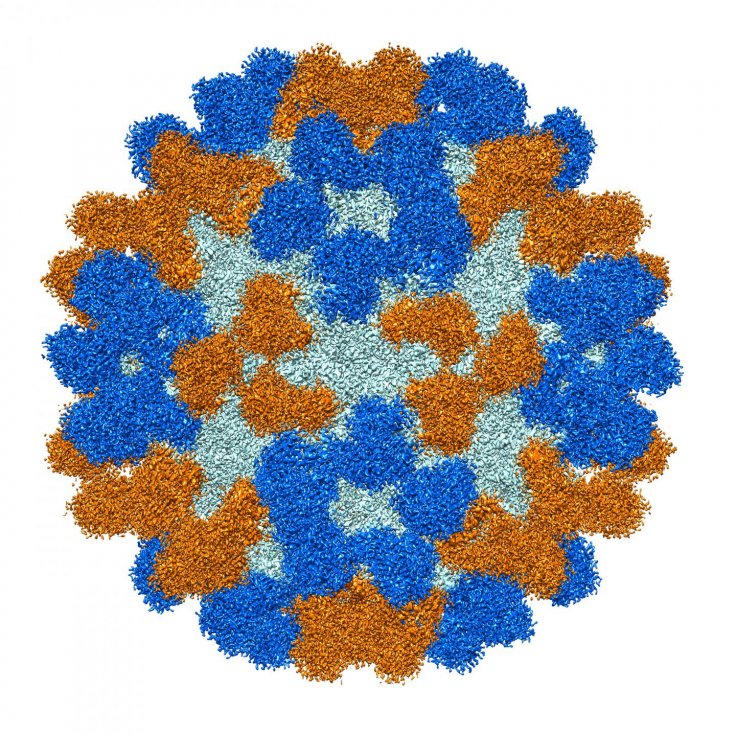While diligent preventive efforts by several governments and international organizations has managed to nearly eradicate Polio among children across the world, acute flaccid myelitis (AFM)—a rare but lethal disease bearing a strong resemblance to polio—has seen an incidence over the years, especially in the US. A new study reports the isolation of antibodies that neutralized the virus that largely infects children.
Through the research, a collaborative effort between scientists from Purdue University, University of Wisconsin-Madison and Vanderbilt University Medical Center, the scientists isolated human monoclonal antibodies that can potentially prevent the polio-like illness in children.
"We were excited to isolate potent human antibodies that inhibit this devastating polio-like virus, and these studies will form the basis for taking them forward to clinical trials," Dr. James Crowe, co-author of the study said.

Polio-like Disease that Affects Children
Enteroviruses are a genus of RNA-viruses that cause several diseases in human beings and other mammals. AFM is said to be caused by a group of respiratory viruses known as enterovirus D68 or EV-D68. It mostly affects children and over 600 cases have been reported in the US since 2014 by the Centers for Disease Control and Prevention (CDC).
It harms the nervous system, specifically the gray matter area of the spinal cord. This leads to several polio-like symptoms such as sudden weakness of the arms and legs, loss of reflexes, loss of muscle tone, and slurred speech, among others. Polio can also lead to AFM. While there is no specific cure or treatment for the disease, preventive measures such as polio vaccination and avoiding mosquito bites are the only known options available.

Isolating Antibodies
For the study, the researchers first isolated blood cells that produced antibodies from children who had been previously infected by EV-D68. Next, the researchers fused these blood cells with fast-growing myeloma cells(abnormal plasma cells). This enabled them to produce a panel of monoclonal antibodies that had a potent neutralizing effect on the virus under laboratory conditions.
The structure of the antibodies was uncovered by collaborating researchers from Purdue University. This offered insight into the mechanism through which they recognized and bound to EV-D68. It was also found that the isolated antibodies protected mice from the disease when it was administered either before or after the enterovirus-caused infection.
"Studying infectious disease from a very basic level and applying the results in an animal model of disease is very powerful; hopefully, our studies will translate to a future therapeutic for this disease in children," Richard Kuhn, co-author of the study concluded.









